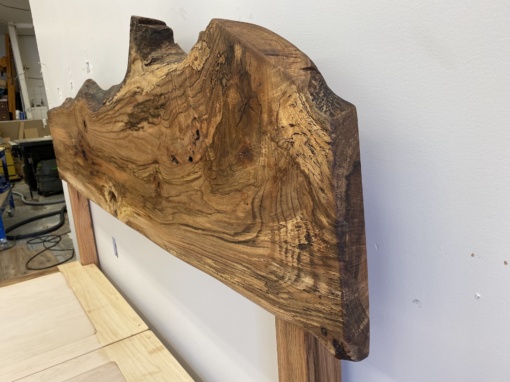In addition to comparing the home to your minimum requirement and wish lists, consider the following: Is there enough room for both the present and the future? Are there enough bedrooms and bathrooms? Is the house structurally sound? Do the mechanical systems and appliances work? Is the yard big enough? Do you like the floor plan? Will your furniture fit in the space? Is there enough storage space? (Bring a tape measure to better answer these qusetions) Does anything need to be repaired or replaced? Will the seller repair or replace the items? Imagine the house in good weather and bad, and in each season. Will you be happy with it year? Take your time and think carefully about each house you see. Ask your real estate agent to point out the pros and cons of each home from a professional standpoint. Using a scorecard to keep track of the homes you see is a great way to keep organized.
Home Buying
Credit History
There are three major credit reporting companies: Equifax, Experian, and Trans Union. Obtaining your credit report is as easy as calling and requesting one. Once you receive the report, it’s important to verify its accuracy. Double-check the “high credit limit”, “total loan,” and “past due” columns. It’s a good idea to get copies from all three companies to assure there are no mistakes since any of the three could be providing a report to your lender. Fees, ranging from $5-$20, are usually charged to issue credit reports but some states permit citizens to acquire a free one. Contact the reporting companies at the numbers listed for more information. Experian 1-800-682-7654, Equifax 1-800-685-1111, Trans Union 1-800-916-8800
Neighborhood Hunting
Narrowing your search for the perfect home can be a little easier if you start with a few neighborhoods and work your way out. Keep in mind access to shopping, schools and your more travelled routes.
Initial Offer
Unless you have a buyer’s agent, remember that the agent works for the seller. Make a point of asking him or her to keep your discussions and information confidential. Listen to your real estate agent’s advice, but follow your own instincts on deciding a fair price. Calculating your offer should involve several factors: what homes sell for in the area, the home’s condition, how long it’s been on the market, financing terms, and the seller’s situation. By the time you’re ready to make an offer, you should have a good idea of what the home is worth and what you can afford. And, be prepared for give-and-take negotiation, which is very common when buying a home. The buyer and seller may often go back and forth until they can agree on a price.
Final Walk-Through
This will likely be the first opportunity to examine the house without furniture, giving you a clear view of everything. Check the walls and ceilings carefully, as well as any work the seller agreed to do in response to the inspection. Any problems discovered previously that you find uncorrected should be brought up prior to closing. It is the seller’s responsibility to fix them.
Buying Plans
Have a time frame in mind when you buy a home, and let it guide your purchase. If you plan to start (or expand) a family in the near future, a studio is not a good idea. If you want a home in which you can age in place, or want to preserve that option, consider a ranch-style dwelling on one level, rather than a multilevel dwelling with stairs.
Selecting a Realtor
Start by asking family and friends if they can recommend an agent. Compile a list of several agents and talk to each before choosing one. Look for an agent who listens well and understands your needs, and whose judgment you trust. The ideal agent knows the local area well and has resources and contacts to help you in your search. Overall, you want to choose an agent that makes you feel comfortable and can provide all the knowledge and services you need.
Down Payment
There are mortgage options now available that only require a down payment of 5% or less of the purchase price. But the larger the down payment, the less you have to borrow, and the more equity you’ll have. Mortgages with less than a 20% down payment generally require a mortgage insurance policy to secure the loan. When considering the size of your down payment, consider that you’ll also need money for closing costs, moving expenses, and possibly repairs and decorating.
203(b) Loan
This is the most commonly used FHA program. It offers a low down payment, flexible qualifying guidelines, limited lender’s fees, and a maximum loan amount.
Contingency Clauses
Contingency clauses should satisfy the concerns of both the buyer and seller. Buyers also can protect themselves by inserting additional necessary contingencies. Indicate which items like curtains and appliances are to remain with the house. Then stipulate you have the right to personally inspect the home 24 hours before closing to make sure all is in order.



























